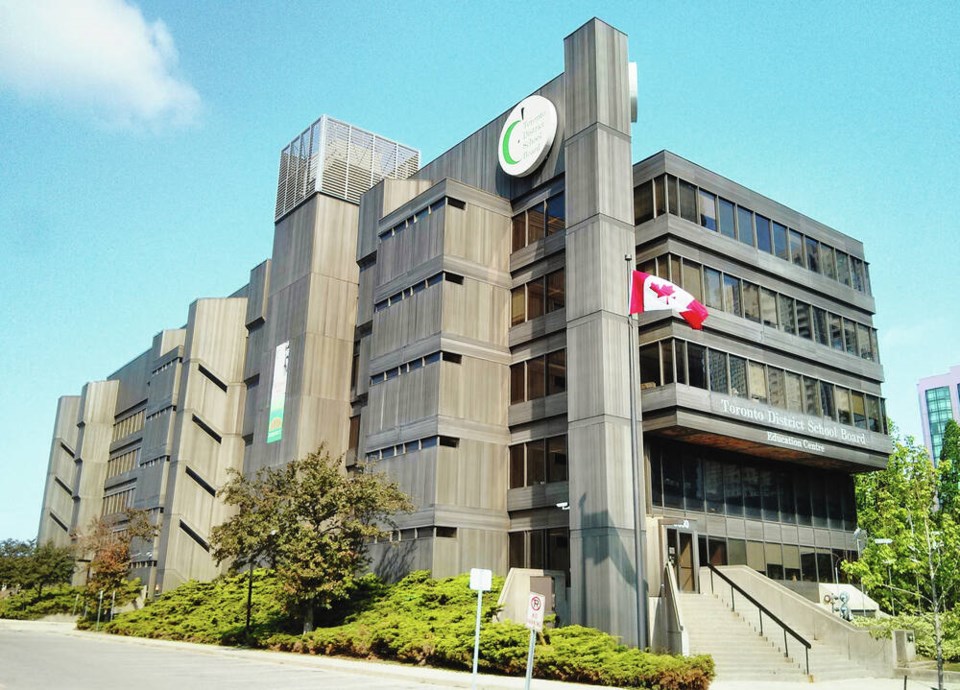B.C.’s school trustees — and B.C. superintendents, for that matter — must be looking, perhaps a little nervously, at the changes in governance under discussion in both Ontario and Quebec.
Ontario’s largest school board is voicing its concerns about the province’s new education legislation, Bill 98, also known as the Better Schools and Student Outcomes Act. The Toronto District School Board claims Bill 98 will weaken the role of school trustees in several ways.
Overall, the Ontario government appears poised to take more control over how the province’s school boards are run by, among other changes, directing the sale of schools, creating a process to handle trustee misconduct and establishing performance metrics for directors of education
Speaking during a deputation before the province’s standing committee on social policy, board chair Rachel Chernos Lin enumerated the many concerns about Bill 98, saying: “School boards play a vital role in making sure local priorities are reflected in public education. It is critical that the province continue to provide significant space for this local input.”
Other concerns include the ministry’s new ability to assign “support personnel” to the boards.
This echoes a “father knows best” theme that has dogged the relationship between locally elected and provincially elected officials in the governance of public education since time immemorial.
Working on the assumption that provincially elected or appointed officials, not local boards, know what is best for public education, Bill 98 also proposes setting up an Integrity Commissioner to resolve code-of-conduct complaints involving trustees.
It would require trustees and senior school board staff to be trained so they can deliver on academic priorities — as if they have little or no idea how to do that right now.
That, apparently, will include guidelines setting out specific training to be completed by board members, directors of education, supervisory officers and superintendents, including the content, timing and frequency of training.
Beyond that, although Ontario school boards already publish and monitor multiyear plans to promote student achievement and well-being, the government wants to be able to send in unspecified support personnel, if the minister is “unsatisfied with the board’s progress.”
It is difficult to imagine the chaos that will be caused, in terms of relationships between various levels of education governance, teachers’ unions, parent groups and trustees, by this seeming lack of confidence on the part of “big” government in its own education system
Quebec is also moving in the direction of changing the locally elected governance model to a centralized control configuration directing the conduct of public education.
New legislation — Bill 23 — would give the Quebec Education Ministry the power to name the directors general of English school boards and even annul the previous decisions of existing directors.
Bill 23 is widely regarded in that province as a further infringement on the English-speaking community’s right to manage its school system.
According to Dan Lamoureux, president of the Quebec English School Boards Association, Bill 23 — tabled by Education Minister Bernard Drainville in the legislature this month — is “another attempt by this government not only to centralize power but also remove our communities’ rights to manage and control our institutions by virtue of the Canadian Charter of Rights and Freedoms.”
To add to the confusion, there is a court-ordered pause on another inspired piece of legislation, Bill 40 (a major “fuddle duddle” all by itself), which would have seen Quebec school boards replaced with “service centres” and which also eliminates elections in the French-language system for members of those service centres.
Drainville confirmed recently at a news conference that his proposed legislation is indeed designed to give the government greater control over Quebec’s 62 francophone service centres and would be extended to apply to the nine Anglophone boards.
The Bill 40 plan has been “put on ice” temporarily after a Quebec Superior Court justice ruled that the plan raised “very serious questions” pertaining to its constitutionality.
Perhaps a useful and timely theme for the next B.C. School Trustees Association annual general meeting would be “Examples of How and Why Political Meddling with Public Education Adds Nothing to the Goals of the Enterprise.”
Then there’s the bitter joke that circulated among superintendents of my time: “Hello, I’m from government, I’m here to help you.”
Geoff Johnson is a former superintendent of schools
>>> To comment on this article, write a letter to the editor: [email protected]



